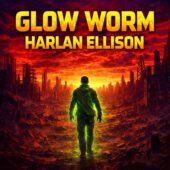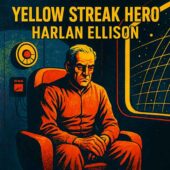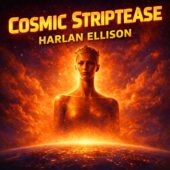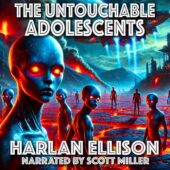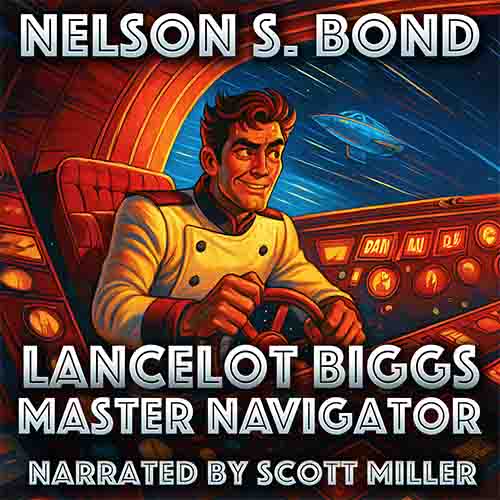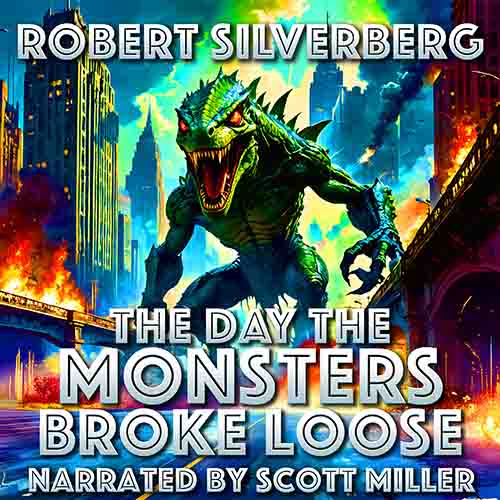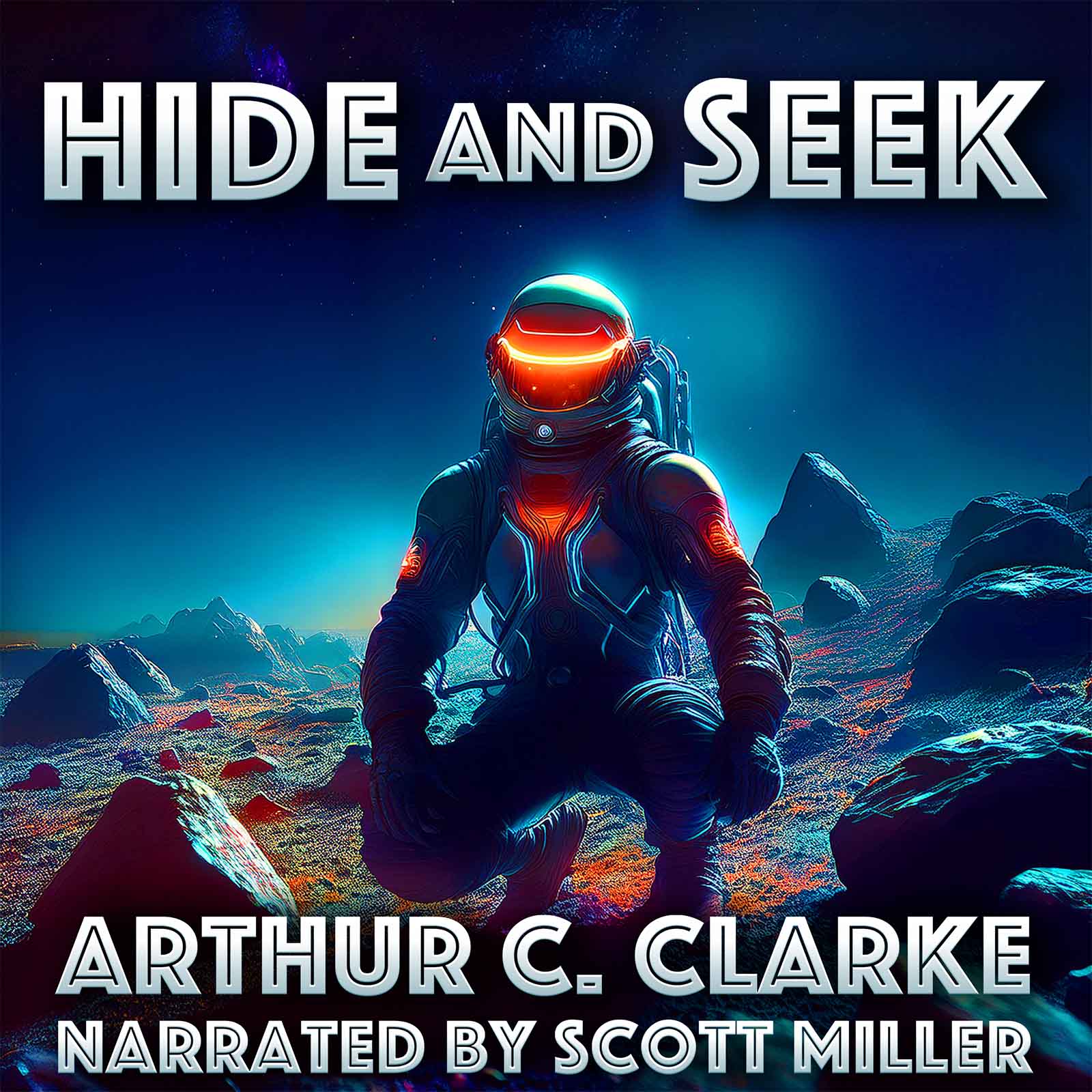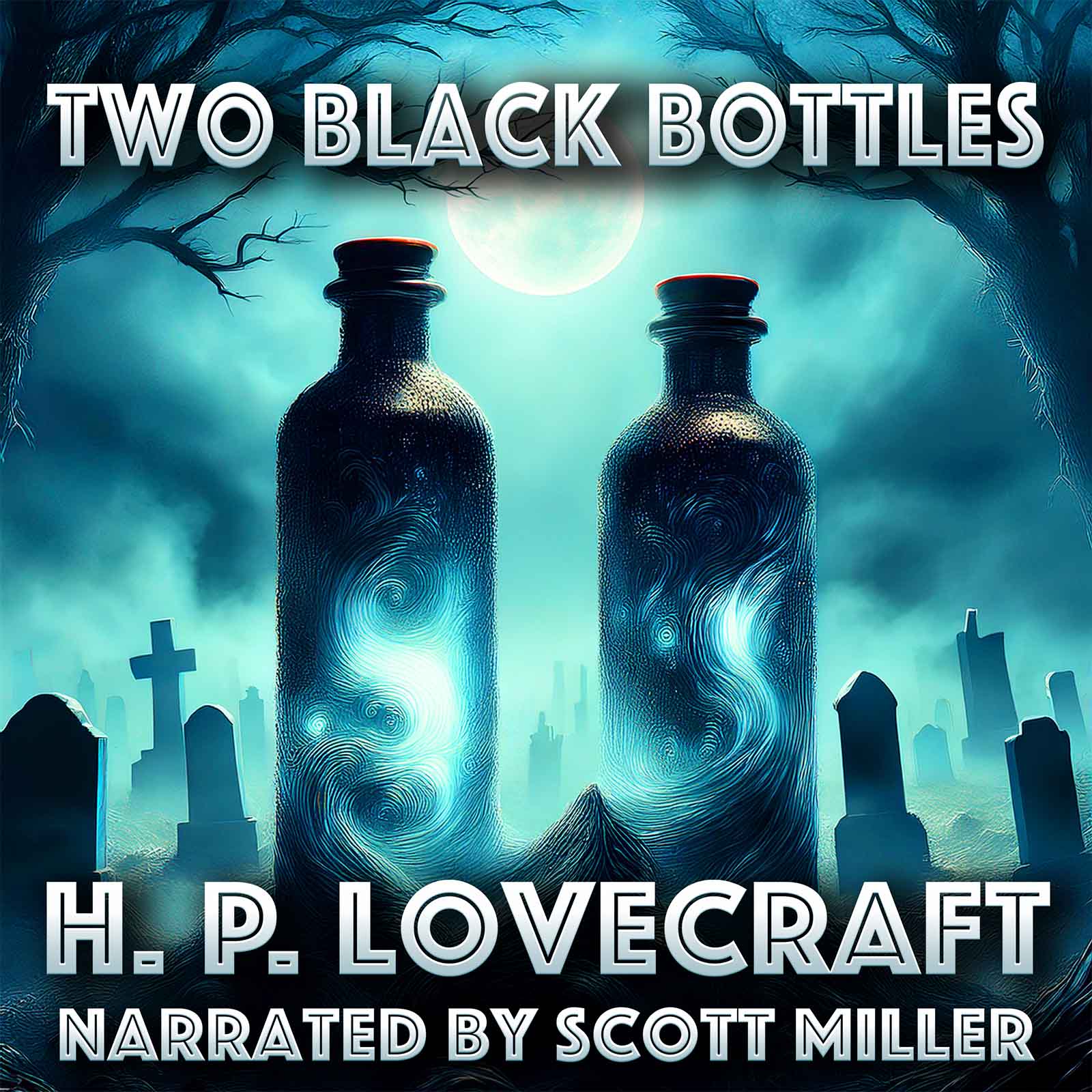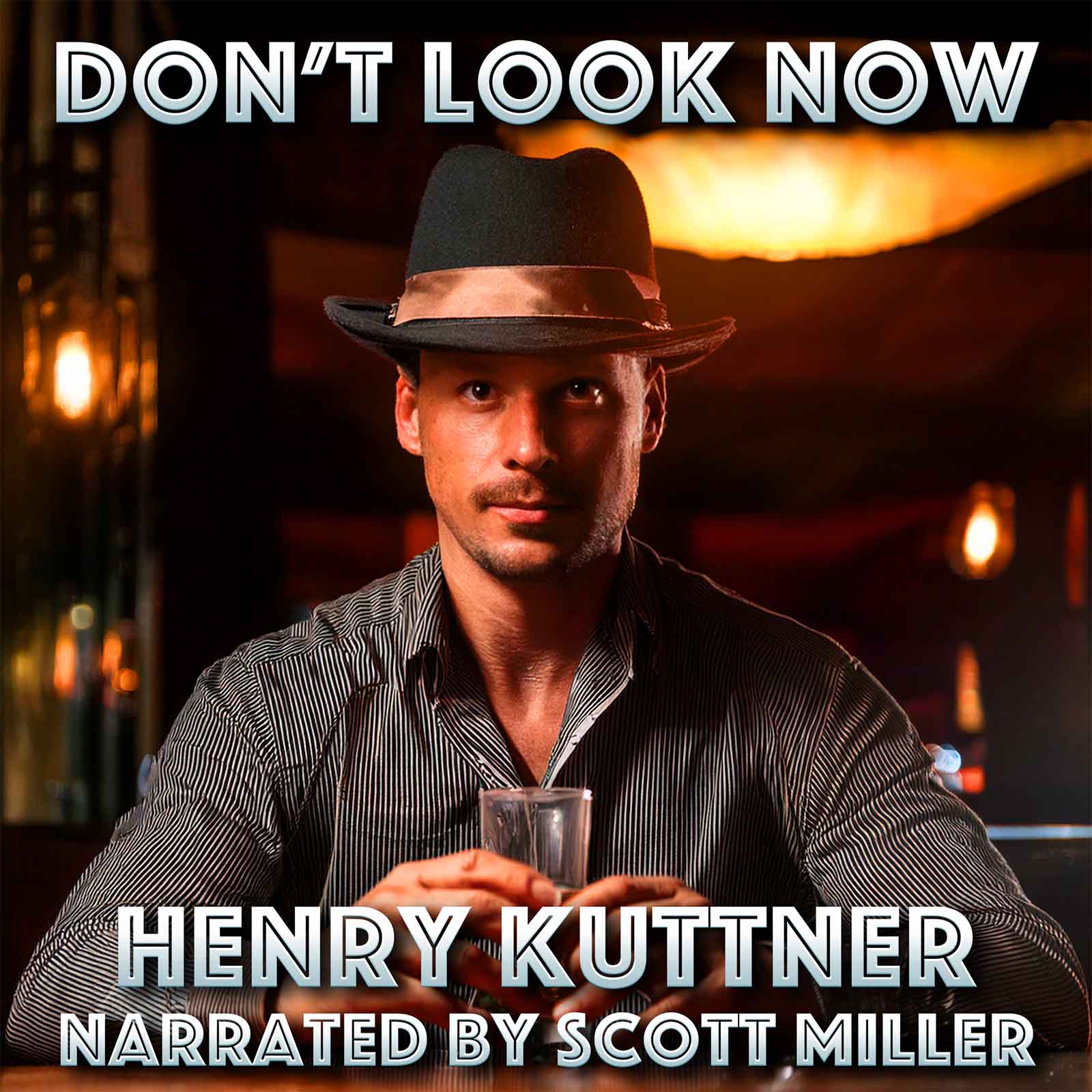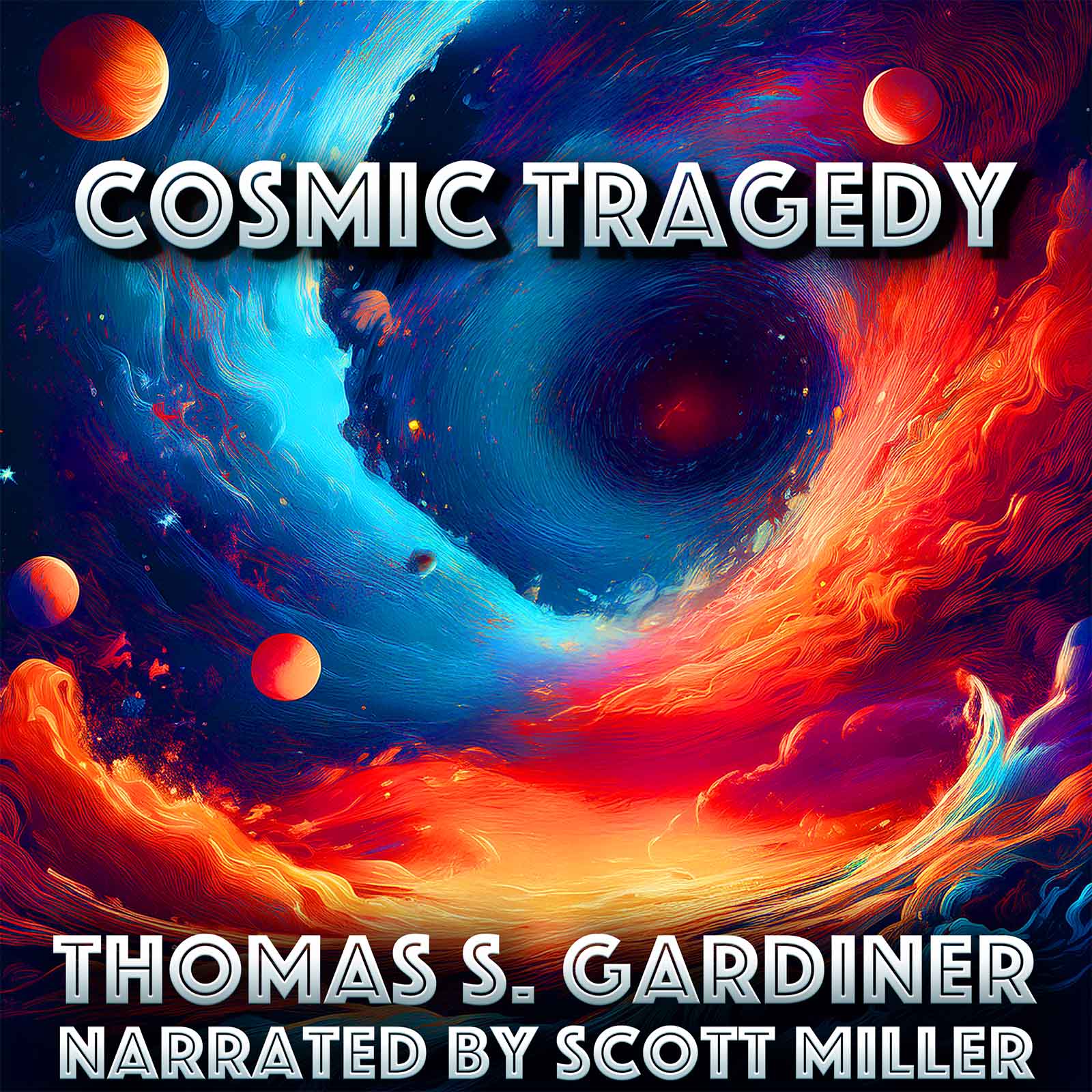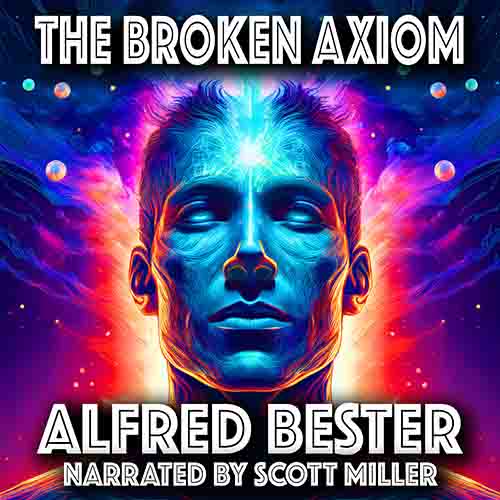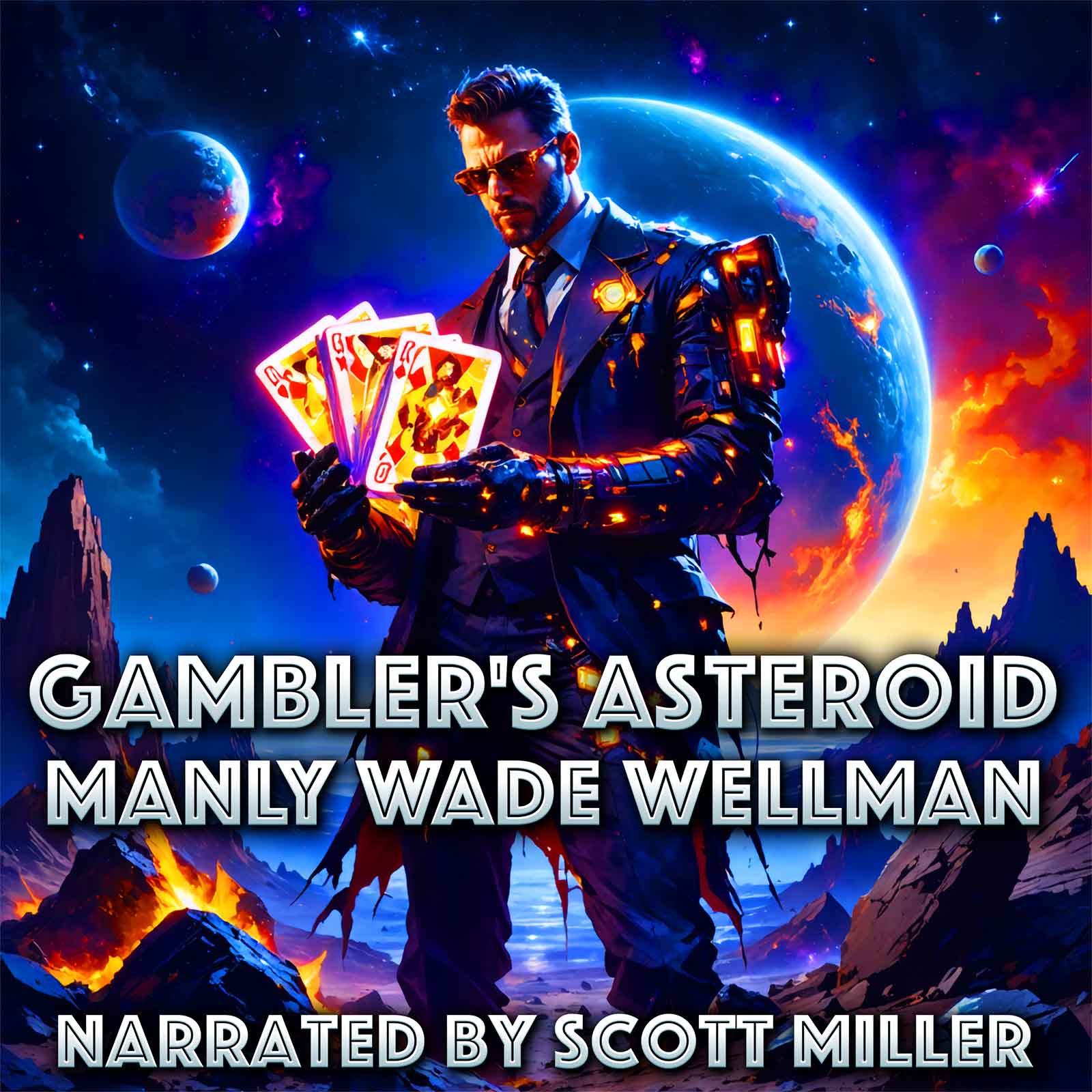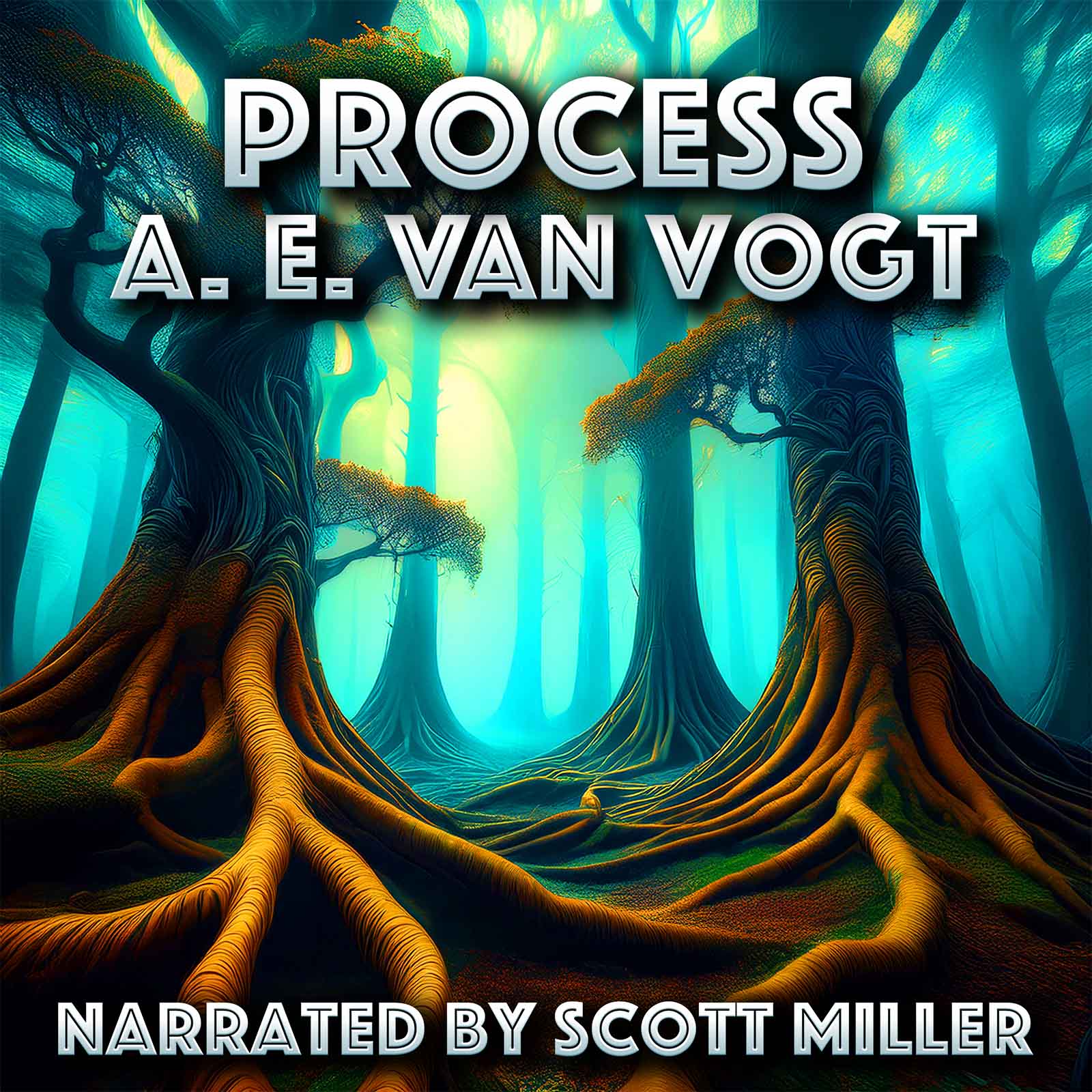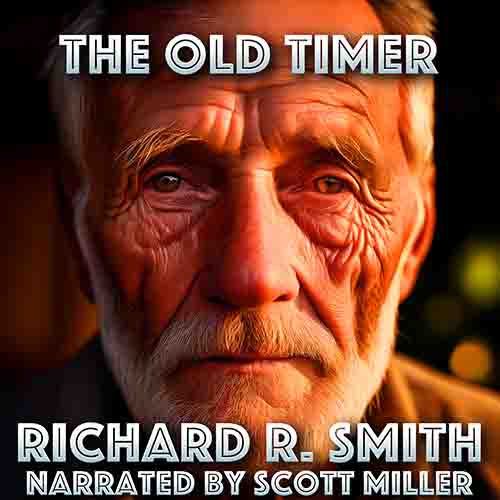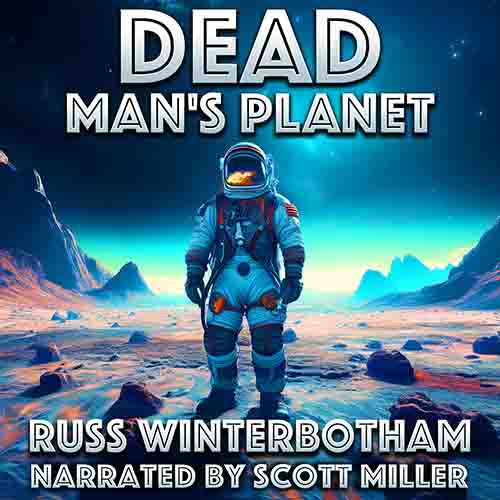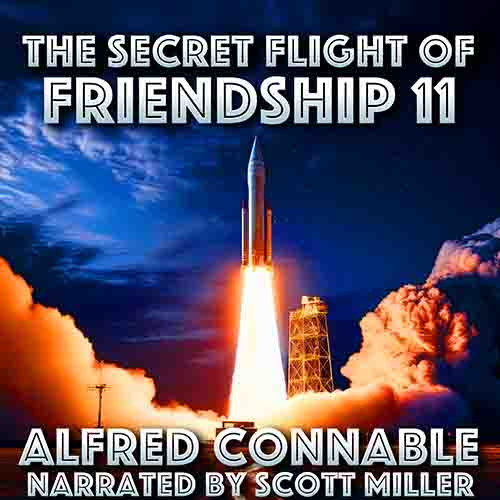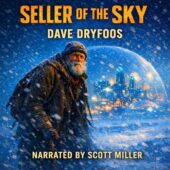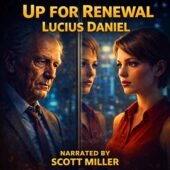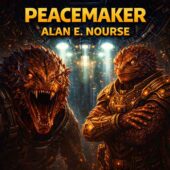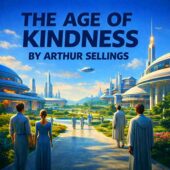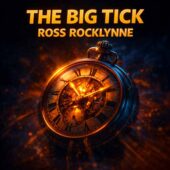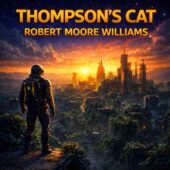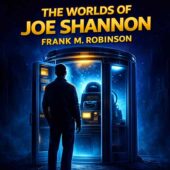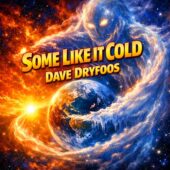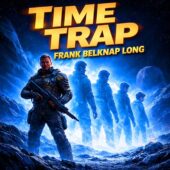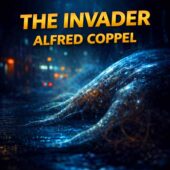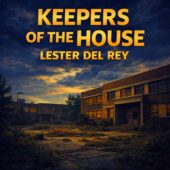Harlan Ellison

Biography
Harlan Ellison (1934–2018) was one of the most controversial, outspoken, and dazzlingly original voices in American speculative fiction—a writer whose fierce imagination and uncompromising personality earned him both acclaim and notoriety. Frequently described as the “bad boy of science fiction,” Ellison cultivated a reputation for being brash, confrontational, and unafraid to challenge institutions, editors, or even his own fans. Yet behind the firebrand persona was a literary craftsman whose influence on science fiction, fantasy, television, and popular culture remains profound.
Born in Cleveland, Ohio, Ellison grew up devouring pulp magazines and comic books, often running away from home in his youth and working a colorful array of jobs that later fueled his fiction. After a stint in the U.S. Army, he threw himself into writing in the 1950s, producing a flood of short stories that appeared in Fantastic, Galaxy, and other magazines. He quickly stood out for his biting wit, vivid language, and refusal to soften his work for the sake of convention.
Ellison wrote more than 1,700 pieces across his career, spanning short stories, novels, essays, criticism, teleplays, and screenplays. His short fiction is legendary. Stories such as “I Have No Mouth, and I Must Scream” (1967) and “Repent, Harlequin! Said the Ticktockman” (1965) became classics of the genre, blending dystopian visions with sharp satire and searing psychological intensity. Both won major awards and continue to be studied as exemplars of how science fiction can explore morality, freedom, and human suffering. His collections—Shatterday, Deathbird Stories, and Angry Candy among them—won multiple Hugos, Nebulas, and World Fantasy Awards.
Equally transformative was Ellison’s role as an editor. His groundbreaking anthology Dangerous Visions (1967) shattered the boundaries of what science fiction could address. Featuring taboo-breaking stories by writers such as Philip K. Dick, Samuel R. Delany, and Ursula K. Le Guin, the book helped launch the New Wave movement, emphasizing stylistic experimentation and adult themes. Its sequel, Again, Dangerous Visions, only added to his reputation as an agent provocateur who was reshaping the field.
Ellison also left a lasting mark on television. He wrote iconic episodes of The Outer Limits (“Soldier,” “Demon with a Glass Hand”) and contributed the much-celebrated Star Trek script “The City on the Edge of Forever,” widely considered the show’s finest hour—though he battled publicly with Gene Roddenberry over rewrites. He penned work for The Twilight Zone, Babylon 5, and numerous other projects, always pushing for higher quality and artistic integrity. His nonfiction, such as the media criticism essays collected in The Glass Teat and The Other Glass Teat, cemented his role as a cultural gadfly who took aim at television, politics, and consumerism.
But Ellison’s “bad boy” reputation wasn’t only about what he wrote—it was how he lived. Famously combative, he was known for feuding with editors, suing studios, and speaking his mind with blistering candor. Tales of him mailing dead gophers to publishers, publicly berating executives, or walking away from lucrative projects rather than compromise his principles became part of his mythos. While this behavior made him polarizing, it also underscored his absolute devotion to artistic freedom and the rights of writers. For Ellison, compromise was a kind of death.
Despite his reputation for volatility, Ellison inspired deep loyalty among his peers and fans. His work brims with empathy for the downtrodden and righteous anger at injustice. Stories like “Jeffty Is Five” (1977) show his tender, nostalgic side, revealing a writer who could be as poignant as he was ferocious. His style—intense, emotional, and uncompromising—made his fiction uniquely his own, impossible to imitate yet widely influential.
Over his career, Ellison won dozens of Hugo, Nebula, Bram Stoker, and Edgar Awards. In 2005, the Science Fiction and Fantasy Writers of America named him a Grand Master, recognizing his lifetime achievements. Beyond the accolades, his true legacy lies in the way he pushed boundaries, elevated short fiction to new heights, and demanded that science fiction be taken seriously as literature.
Harlan Ellison died in 2018 at the age of 84, leaving behind a legacy of brilliance, controversy, and fearless innovation. He was, as he often styled himself, a warrior for imagination—a writer who lived as loudly as he wrote. Loved, loathed, but never ignored, Ellison embodied the role of science fiction’s “bad boy” while producing some of its most enduring and important works. His voice remains, in all its fury and passion, one of the most unforgettable in speculative fiction.
